How’s this for a creepy media release title?
INPEX partners with Questacon to future-proof Australian students
The creepiness really comes into its own after a quick Google search when you realise that INPEX is an oil and gas company. And that and Questacon, our National Science and Technology Centre, is a division of the Department of Industry, Science, Energy and Resources. Or in other words, ‘the government’ — the architects of Australia’s ‘gas-fired recovery’.
While corporate sponsorship of our public institutions is offensive, it has become so commonplace that it’s really no longer surprising when we learn that weapons manufacturers such as Lockheed Martin sponsor the Australian War Memorial. Or that BHP, the world’s second largest mining company, sponsors Bush Blitz the Australian Government’s ‘species discovery program’. Or even that Rio Tinto —famous for such hits as blowing up Aboriginal rock art shelters —regularly sponsors Indigenous art projects at the Art Gallery of Western Australia.
But when a corporation comes for our kids through an educational institution, it’s particularly sinister. And the aforementioned ‘future-proofing’ is nothing short of indoctrination.
Questacon’s funding from INPEX is described as a ‘partnership to engage young Australians in a conversation about…how crucial energy will be as a resource for Australia in the future’. At face value this is quite vague. Energy could mean anything. We eat food for energy! However, if you flick back to that google search, it quickly comes apparent that ‘energy’ to INPEX means ‘gas’.
This ‘conversation about energy’ has recently manifested in a YouTube series called Your Energy. The seven-part series of videos is actually quite good — something you may even want to show your kids to offset several hours of Netflix — it’s informative, clearly communicated, and to be fair, acknowledges the role of fossil fuels in climate change. It is not until episode 5 (perversely titled Renewables), that we are told for a good minute that gas is critical to Australia’s renewable transition.
Gas is NOT a transition fuel. We’re still talking about a fossil fuel here. One that still contributes to climate change both in its production and when it’s burned. The video would have you believe that gas is cleaner than coal because it emits less C02, but neglects to mention the massive amount of methane it releases into the atmosphere — a greenhouse gas around 21 times more potent than carbon dioxide.
While Questacon denies that INPEX had any editorial control over the series this is not the first time the organisation has been criticised for tailoring its content to meet the implicit expectations of its sponsors. The $1 million in funding it receives from Shell every year has been raised in Senate Estimates as a possible reason why climate change is conspicuously absent from Questacon’s science communication agenda.
Questacon has similarly denied any conflict of interest caused by the cash it gets from Shell (whose activities and products are alleged to be responsible for around 1% of global emissions every year). However it’s worth mentioning that even in the absence of direct gag orders (such as the one laid out in London Museum’s contract with sponsor Shell) Australian academics and public servants are increasingly self-censoring for fear of losing their jobs or funding.
To be clear, this is not an attack on Questacon. I love Questacon. My kids love Questacon. I have no doubt that management and staff are genuinely trying to achieve good outcomes and are just doing the best they can with the extremely questionable hand they’ve been dealt. What I don’t love is that a government department is receiving private funding in the first place. And what I find particularly obscene is that our public (i.e. taxpayer-funded) institutions are being corrupted with propaganda and ideology that is contributing to the climate catastrophe.
Almost every child in Australia will eagerly trawl through the exhibits of Questacon at least once in their life as part of the obligatory school excursion to Canberra. The reach and influence of its educational programs shouldn’t be underestimated. However, these programs should be independent and equipping our children with curiosity and critical thinking skills, not subjecting them to fossil fuel infomercials.
Polly Hemming




